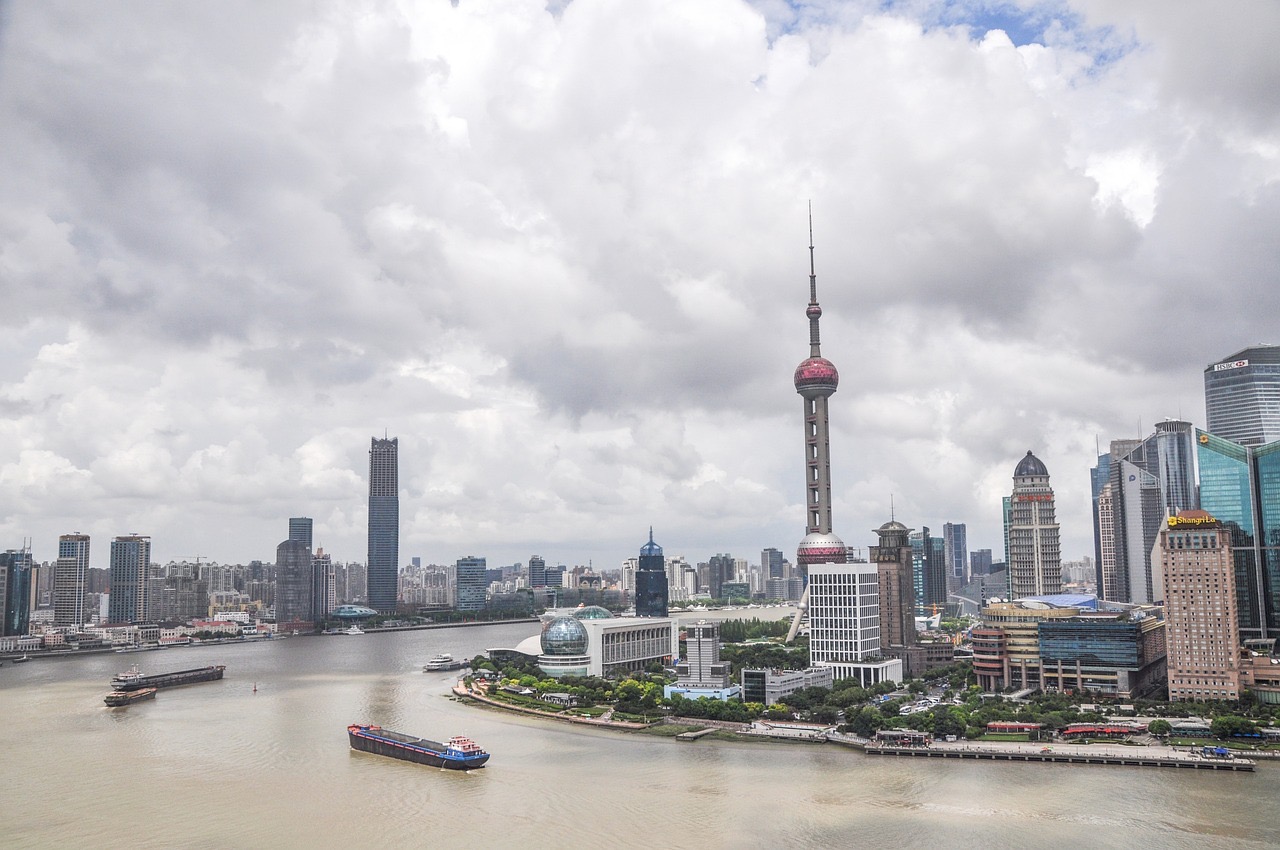Shanghai upgrades reforms to foster world-class business environment

Shanghai unveiled its visionary blueprint for an unparalleled business ecosystem on Sunday, setting forth a dynamic action plan dedicated to elevating trade and investment landscapes, refining administrative prowess, enhancing government services, and fortifying a resilient legal framework.
Recognizing the profound impact of the business environment on institutional soft power and market efficiency, Shanghai has persistently embarked on reform initiatives since late 2017. The recent launch of the 7.0 version of the business environment reform signifies a commitment to not just change but a thoughtful evolution. Lu Aiguo, Director of the Business Environment Construction Division at the Shanghai Development and Reform Commission, pointed out the importance of bridging the 'temperature difference' between government policies and enterprise sentiment, which resonates in this innovative approach.
The 7.0 version, marked by its brevity with 150 rules, down from 208 in 2023, aims to be a beacon of clarity for businesses navigating regulatory landscapes. Shanghai's strides since 2018 are evident in China's remarkable ascent from 78th to 31st place in the World Bank's global ranking of business environments by 2020.
Key facets of the action plan encompass:
Global Standards:
· Revamping business entry processes, including a robust upgrade of the Shanghai Online Business Registration.
· Establishing a standardized registration information database for streamlined business operations.
· Innovating enterprise investment project commitment systems and launching a unified online work platform.
· Comprehensive enhancements in public facilities, labor and employment services, financial services, international trade processes, tax payment procedures, commercial dispute resolution, market competition regulations, and insolvency mechanisms.
Enterprise Empowerment:
· Centralizing enterprise services at government affairs service centers.
· Offering capital subsidies and tax incentives to stimulate economic growth.
· Simplifying certificate acquisition processes to eliminate redundancy.
· Defining standards for enterprise-friendly policies, addressing specific demands, and enhancing policy declaration convenience.
Legal Vigilance:
· Implementing comprehensive supervision, including transparent annual inspection plans.
· Harnessing intelligent supervision through cutting-edge technologies like big data and AI.
· Instituting credit supervision measures to address law violations and credit breaches.
· Rigorous regulation of new industries and systematic law inspections.
Innovative Hubs:
· Transforming Pudong New Area into a pioneering demonstration zone with a focus on diversified import categories and digital RMB promotion.
· Developing Shanghai Pilot Free Trade Zone's Lingang section into a vibrant innovation hub.
· Emphasizing the pivotal role of international trade in the Hongqiao International Central Business District.
Synergistic Collaboration:
· Strengthening collaboration among government bodies, enterprises, society, and educational institutions.
· Establishing an efficient problem-solving mechanism.
· Intensifying assessment and evaluation of the business environment.
· Promoting joint construction of the business environment in the Yangtze River Delta region with a focus on data sharing.
· Enhancing publicity on the business environment through diverse research initiatives.
Shanghai's unwavering commitment to nurturing a pioneering business environment signals its dedication to sustainable development and prosperity, positioning the city as a global leader in commerce and investment.
Source : SHINE
Editor : Ennio Colombo Giardinelli

